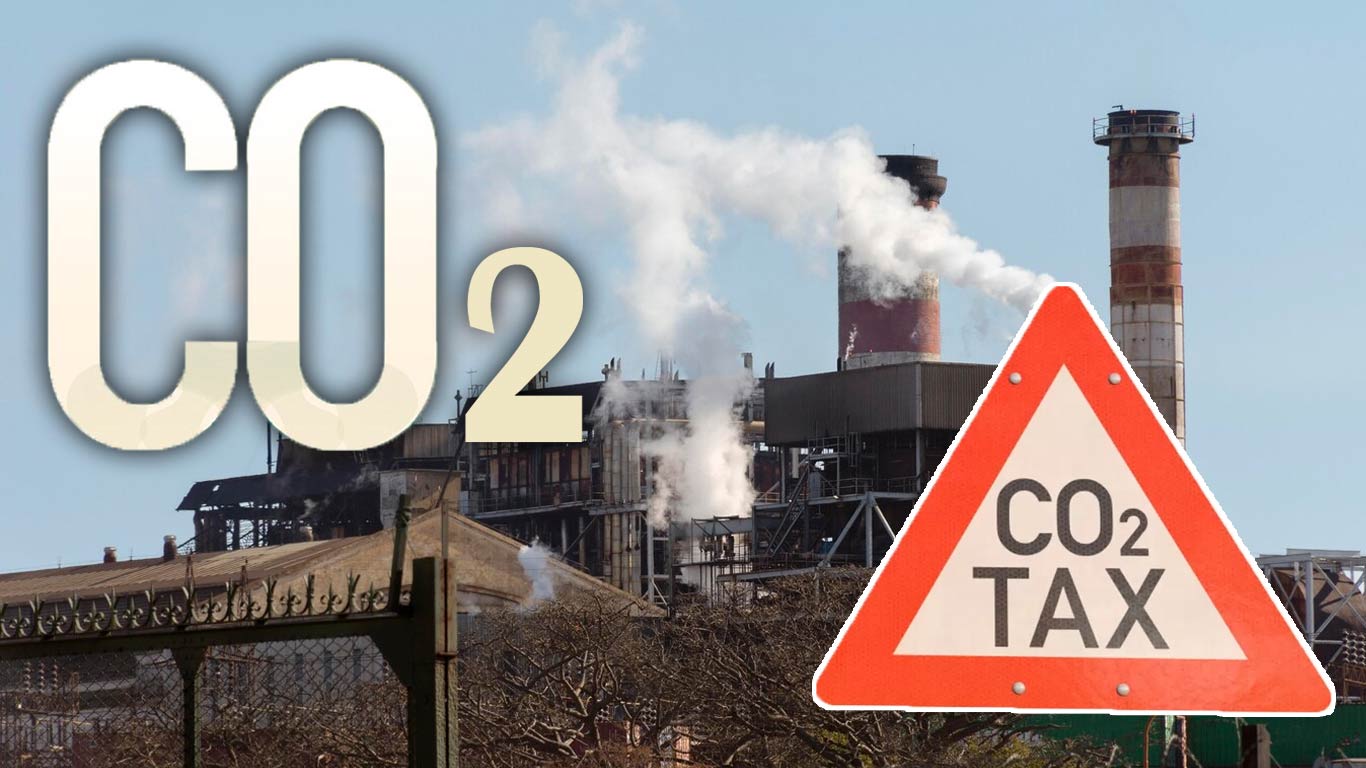Parliamentary Panel Asks GoI For Deferment Of EU Carbon Tax On MSMEs
Updated: Feb 09, 2024 02:02:31pm

Parliamentary Panel Asks GoI For Deferment Of EU Carbon Tax On MSMEs
New Delhi, Feb 9 (KNN) A parliamentary committee recommended that the Indian government seek a deferment of the European Union's Carbon Border Adjustment Mechanism (CBAM) application for Micro, Small, and Medium Enterprises (MSMEs) by at least 3 years, on Thursday.
This move aims to relieve Indian manufacturers within the MSME sector who might lack the financial resources to adapt to CBAM's requirements.
The Standing Committee on Commerce also emphasised the necessity of implementing a robust support mechanism promptly to equip MSMEs to mitigate the adverse effects of CBAM.
“The committee notes that the Indian manufacturers in the MSME sector may not have the financial resources to make necessary changes to counter the CBAM,” the panel said.
Under CBAM, non-EU steel producers are obligated to report both direct and indirect emissions, with monitoring commencing on October 1.
This mechanism is expected to result in a 20-35 per cent tax on specific imports into the EU starting from January 1, 2026. From that date onwards, EU importers will need to declare and purchase CBAM certificates to cover emissions associated with the production of imported steel products.
While expressing optimism about achieving the USD 300 billion target by 2030 for engineering exports, the committee raised concerns about potential obstacles posed by tariff and non-tariff barriers imposed by the US and EU, which could impede growth.
“To protect the domestic industry from the imposition of additional tariffs under Section 232 of the Trade Expansion Act of 1962 and non-tariff barriers in the form of CBAM, the committee recommends that the government engage at the highest level with USA and EU respectively to resolve the matter,” it said.
In addition, the committee proposed expanding the scope of the production linked incentive (PLI) scheme to include sectors with high employment potential, such as the chemicals sector and labour-intensive industries like leather, apparel, toys, jewellery, and handicrafts.
It stressed the need for a tailored PLI scheme to strengthen the chemical industry in India, suggesting the establishment of an institutional mechanism under the Commerce and Industry Ministry to address market entry barriers and related issues from the perspective of Indian exporters.
Regarding exports, the committee recommended diversifying from traditional markets like the US and EU through Free Trade Agreements (FTAs) and leveraging market intelligence to identify emerging markets.
As per the report, 63 per cent of India’s exports are only in 20 products, which is a very small basket. The committee advocated for diversification of the export basket, particularly shifting from cotton-based exports to Man-Made Fibers (MMF) through investments in the MMF value chain.
To address concerns about the classification of Russia as Restricted Cover Category–I (RCC-I), the panel suggested a review of this classification to mitigate any adverse effects on exporters engaging in trade with Russia.
Lastly, the committee expressed concern over the delay in launching the national e-commerce policy and urged for its expedited introduction to foster a conducive environment for the growth of e-commerce exports. It also emphasised the importance of pre-shipment and post-shipment export credit for e-commerce exporters.
(KNN Bureau)












